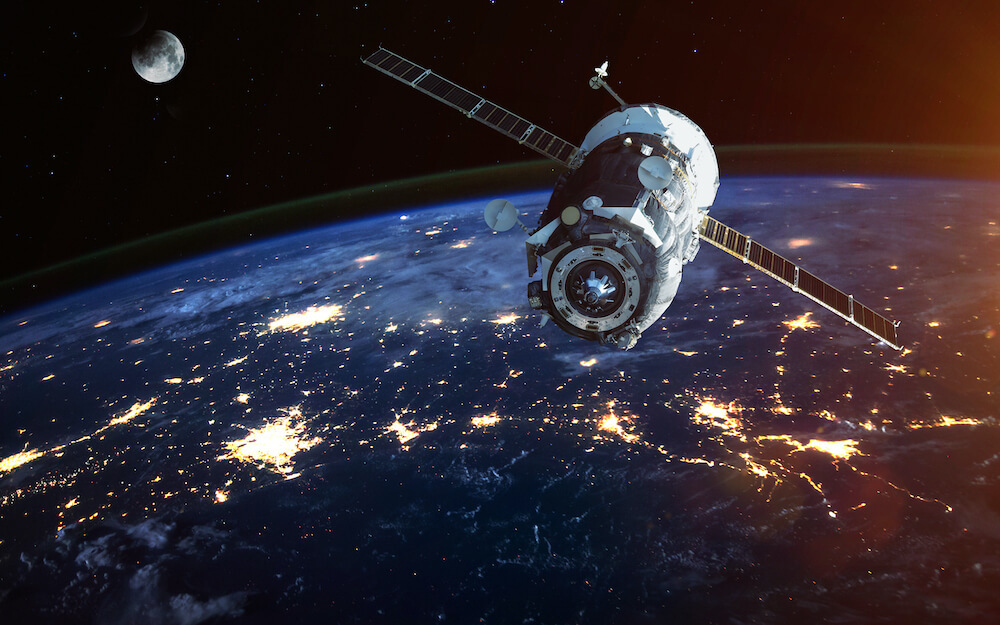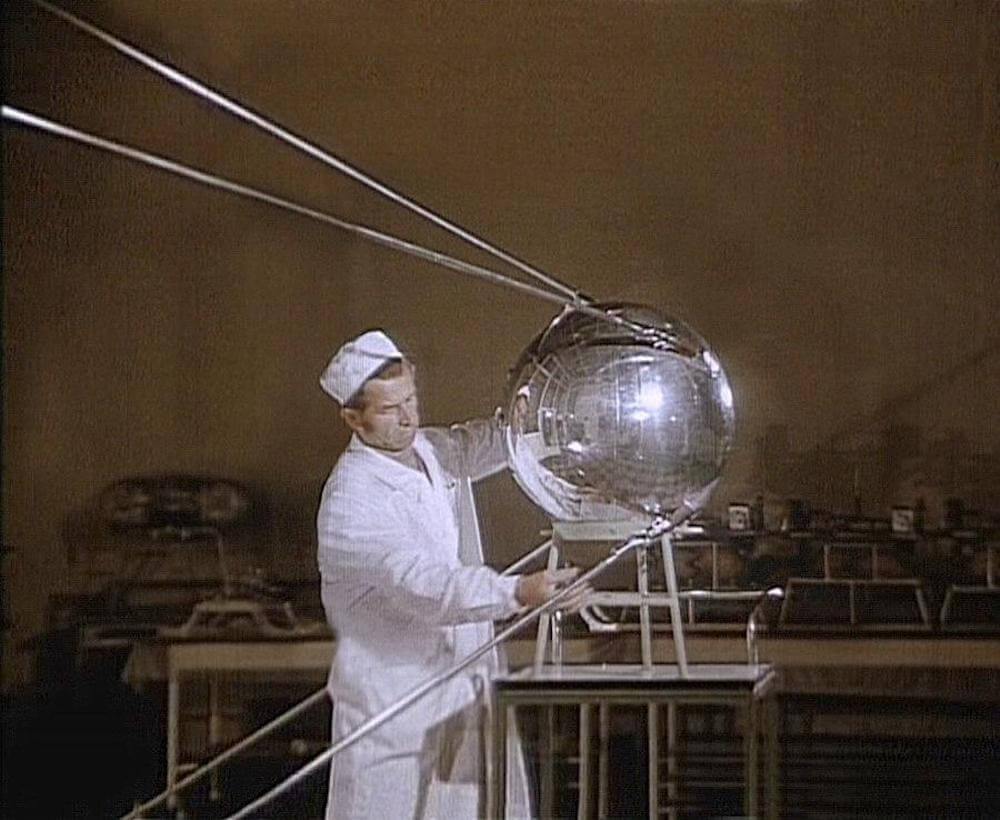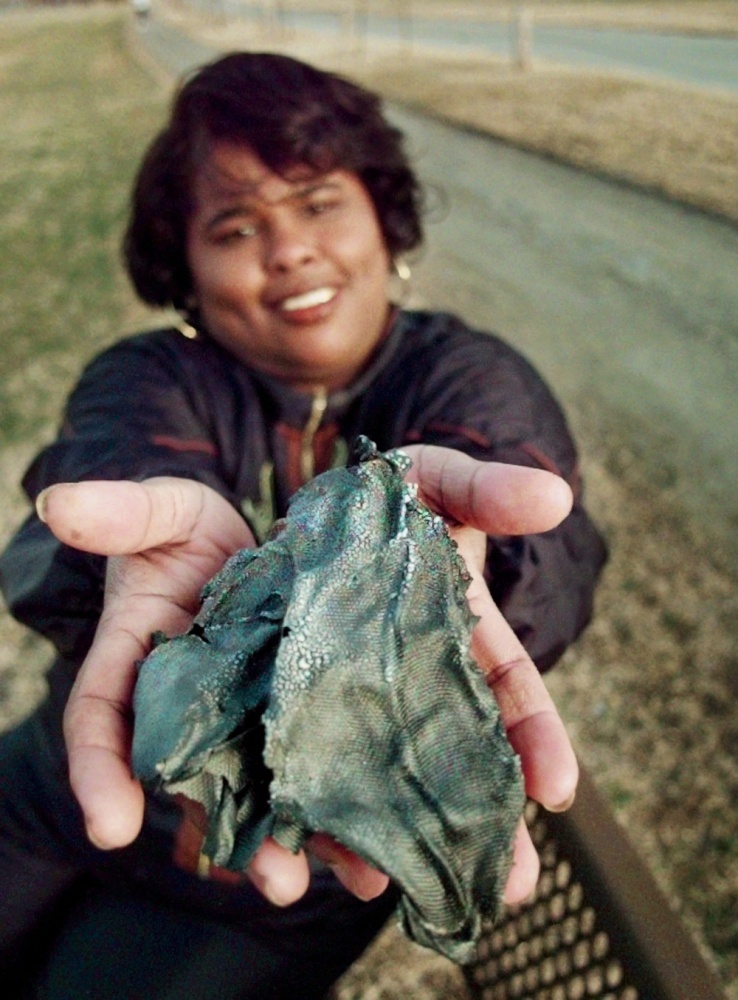Earth orbit: how many good and bad things have we put out there?
As our eyes are set firmly on settling Mars and Venus, we take the first space frontier for granted. Controlling Earth orbit is crucial for any space endeavors; is there a danger to lose it? Summary.

The first ones to explore the possibility of launching artificial satellites into Earth orbit were fiction writers like Edward Everett Hale and Jules Verne in the late 1800s.
The first satellite Sputnik-1 (the name comes from a Russian word that means “satellite”) was launched on October 4th, 1957. It orbited Earth a total of 1440 times before falling back into the atmosphere on January 4th, 1958.

Explorer 1, the United States’ response, was launched on January 31, 1958—almost a month after Sputnik-1 had already left Earth’s orbit. However, things were not only about international prestige. The very first military satellites were used for reconnaissance: the United States military satellite program had already started in the 1950s.
Nowadays, commercial companies and research institutions all across the world have piggybacked on the success of military satellites, having in turn developed (and launched) their own satellites for commercial and scientific use.
How many satelites we put on the Earth orbit?
Overall, there have been around 12 000 satellite launches since Sputnik-1. Only in 2021, there have been more than 1400 new satellites delivered into orbit. And about 6–8 thousand remain in space, with the rest slowed down (sometimes deliberately) and burned in the Earth’s atmosphere.
But there are not only advantages of such technological and scientific progress. Out of those 6–8 thousand satellites that are in space, only about half remain operational and active. The rest just clutters the orbits.
Earth orbit pollution (also called by many other names, such as space debris, space waste, etc.) is primarily made up of uncontrolled artificial objects that outlived their function. In most cases, there are old satellites, abandoned rocket parts, launch vehicle stages, and debris from other spacecraft.
Can satelite falls on ones head and other consequences?
For the past 50 years, an average of one object drops down on Earth each day. In most cases these objects burn up in the atmosphere; however, sometimes larger things fall down on the surface.
The first person on Earth to get injured by a chunk of space waste was Lottie Williams from Tulsa, Oklahoma in January 1997. It was a lightweight fragment of charred woven material (10 x 13 cm) that was later identified from the reentry of the MSX Delta rocket (launched April 1996).

Space pollution concerns not only the Earth orbit, but our planet’s atmosphere and surface as well? Some scientists argue that if things get worse. We might never be able to use Earth orbit at all in the future!
The scariest part of space pollution is the possible scenario of /Kessler syndrome:/if two larger objects collide in space, they fracture and become dozens of smaller objects. There is a danger that one day the sheer number of space debris will trigger a domino effect with more objects crashing into each other, rendering Earth orbits unusable.
Currently, even with a million things flying up above, there is still enough space in Earth orbit for further launches. There are entire systems dedicated to plotting the trajectories of the thousands of satellites and pieces of space waste.
What we are going to do with space pollution?
Scientists have begun to research possible solutions to the looming problem of space pollution. Some of the more promising solutions include:
- Large nets that would be used to capture debris and remove them from orbit.
- Lasers that would be capable of pushing waste out of the path of functioning satellites.
- Remote vehicles that would drag debris into the atmosphere for controlled burning.
Nerdish: bite-sized knowledge about everything in the world
Read the full article with even more awesome facts and findings in our mobile app

